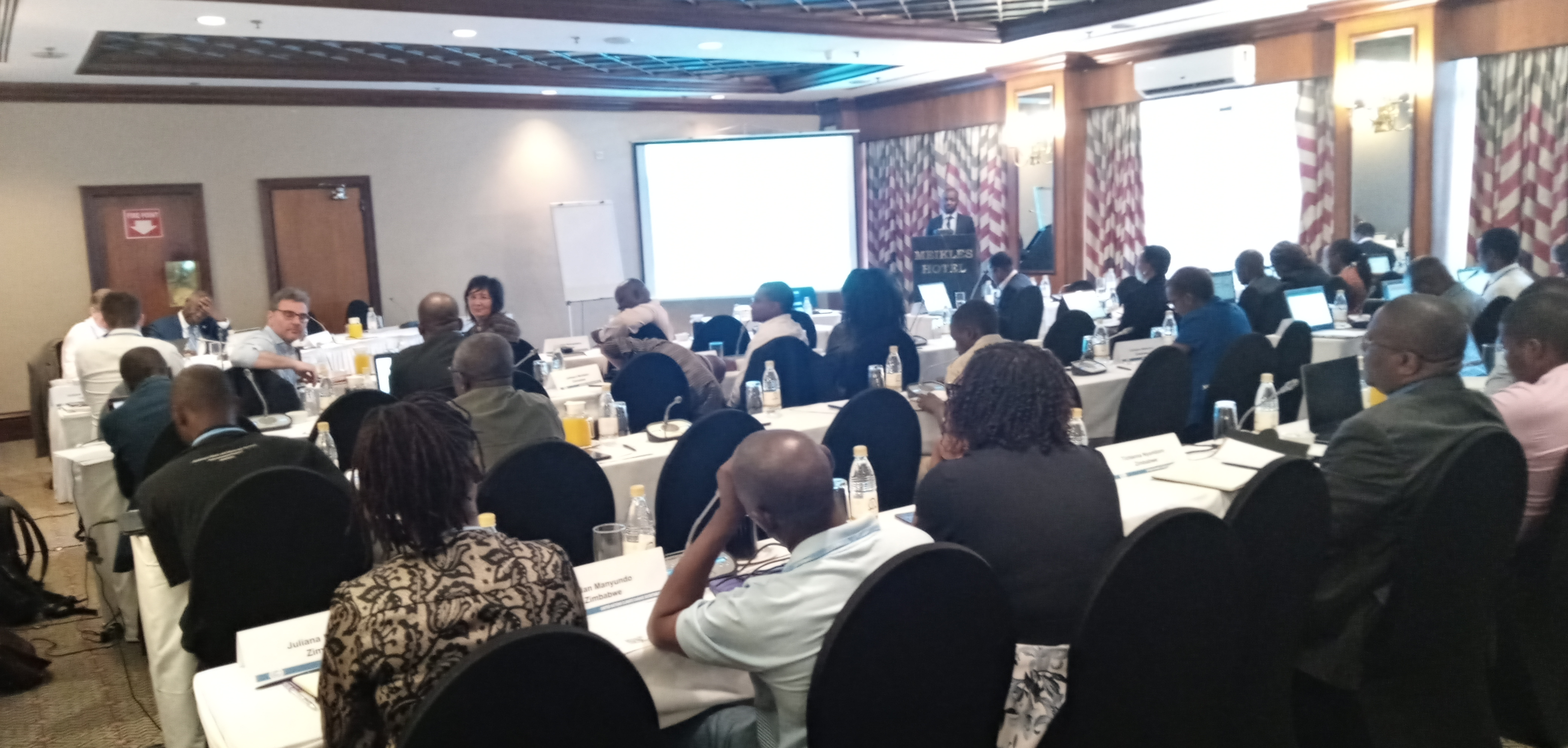Zimbabwe is working on improving the quality of data and bridging gaps therein to enable the Country to report to the United Nations Framework Convention on Climate Change (UNFCCC) under the National Communications (NCs) and the Biennial Update Reports (BURs).
This emerged during the ongoing Quality Assurance of Greenhouse Gas (GHG) Inventory System and GHG Inventories in Zimbabwe Workshop underway at the Meikles in Harare that is running until Friday 7 February 2020. United Nations Framework Convention on Climate Change
Zimbabwe is a Member of the UNFCCC and has already communicated three National Communications with the initial one having 1994 as the inventory year, the second one having 2000 as the inventory year and the third one basing on year 2006 data.
It has emerged that the issues of data gaps and data quality have consistently been identified as key challenges throughout the preparation of the past National Communications.
“Data gaps and data quality challenges are a common phenomenon in developing countries mainly because the current reporting framework under the UNFCCC is not as strict for developing countries as it is for developed countries. Going forward with the coming in of the Paris Agreement, all countries will be required to report on their national greenhouse gases with the same requirements both for developed and developing countries under the Biennial Transparency Reports (BTRs) – a requirement under the Paris Agreement on Climate change,” Mr. Lawrence Mashungu, a Climate change Expert in the Ministry of Environment, Climate, Tourism and Hospitality Industry.
He added that because of the enhanced reporting requirements under the Paris Agreement, it is important for Zimbabwe to have a systematised way of collecting data so as to be able to report on a regular basis.
Currently, Zimbabwe does not have a legal framework that mandates the Climate Department to obtain data from data providers. This situation has resulted in the data gaps.
